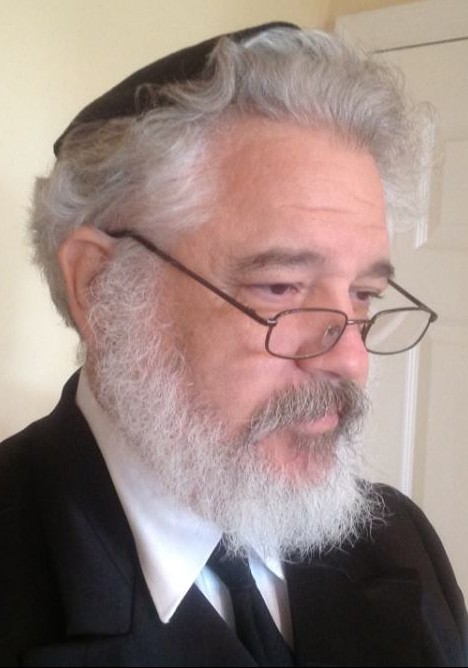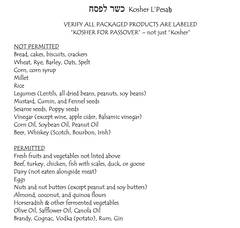Yeshua the pharisee
| Author | |
| Date Added |
R. Steve Bernstein
February 2017
John 1:24 Some of those who had been sent were P'rushim. 25 They asked him, "If you are neither the Messiah nor Eliyahu nor `the prophet,' then why are you immersing people?" 26 To them Yochanan replied, "I am immersing people in water, but among you is standing someone whom you don't know.27 He is the one coming after me -- I'm not good enough even to untie his sandal!"
This text illustrates a very interesting, and often overlooked, point. John the immerser, is speaking with a group of Pharisees. The text clearly delineates that they are Pharisees, John is not speaking to a crowd of Judeans, rather to Pharisees specifically. To them, he says, “among you is standing.” This is clearly an indication that Yeshua is among the Pharisees prior to his ministry. This is but one indication that Yeshua was a Pharisee.
In many circles, this is not a popular position, however, Scripture shows us that this is actually the case. Part of the problem is in the lack of understanding of what the Pharisaic movement actually was in 1st century Judaism.
Scholars have been debating for several decades, the actual definition of a Pharisee. It is not my intent to involve myself in this, however, let me explain the bases of the discussion. On the one hand, the Pharisees are described as a political movement dominated by a small number of people, leadership. On the other hand, the Pharisees are described as a sect, actually sects, of Judaism followed by the majority of Jews in the 1st century, which adhered to Torah observant practices. Yeshua was clearly not in the leadership of the Pharisees. So, if your definition of Pharisee, is only the leadership, clearly Yeshua was not a Pharisee. But, also clearly, Yeshua followed Pharisaic Jewish observance and doctrine. For the purpose of this blog, it really makes no difference whether Yeshua was actually a Pharisee, or whether he merely followed Pharisaic Jewish practice along with the majority of Jews at the time So for the sake of brevity, will simply say he was a Pharisee.
Yeshua and the talmidim were readily accepted to both attend, and teach, in Synagogue. This is a very important point; Synagogue was strictly a Pharisaic institution. Sadducees had nothing to do with Synagogue and would not set foot in one. In Matthew 22:23-34, Yeshua soundly rejects the theology of the Sadducees regarding resurrection. In addition, both Yeshua and the talmidim constantly quote the Prophets, whereas the Sadducees rejected the idea of the books of the Prophets to be Canon. Yeshua frequently defended Oral Law against ideas presented by competing Pharisaic sects. Examples of this include healing on Shabbat, and feeding the hungry on Shabbat. Yeshua very clearly takes the position of accepted Pharisaic Oral Law. In John 7, it is recognized that there is an allusion to the water drawing ceremony, the Nisuch HaMayim. This is a ceremony promoted only by the Pharisees, to the point where, a century before Yeshua, the head Sadducee, Alexander Yannai, trying to disrupt the ceremony, poured the water on his feet instead of on the altar. In the resulting melee, over 3000 Pharisees were killed in the Temple.
So, depending on your definition, Yeshua was either a Pharisee, or adhered to the religious practices of the Pharisees, along with the majority of the people. This is an important fact to understand, because it clarifies Yeshua’s relationship to the Oral Law, and why he supported it, as opposed to the traditions of the elders. At the same time, it is clear that Yeshua despised the behavior of hypocrites within the Pharisees. Indeed, Yeshua foretold the destruction of the 2nd Temple, because of baseless hatred, sinat chinam. Aside from this, Yeshua clearly followed the interpretation and practice of the Pharisees.
Thu, April 18 2024
10 Nisan 5784
This week's Torah portion is Parshat Metzora
Candle Lighting
| Friday, Apr 19, 7:36pm |
Havdalah
| Motzei Shabbat, Apr 20, 8:44pm |
SERVICES & STUDIES
SHABBAT Service - 11am
Adult Education Class - Shabbat 9:30am
Schul Events
Shacharit Pesach Service
Tuesday, April 23 @11am
Schul Passover Seder
Tuesday, April 23 @7:45pm
Shacharit Pesach Service
Monday, April 29 @11am
Community Events

Rabbi Doctor Steven Bernstein
MEMBERS & GUESTS
We are so very grateful to Villas Wesleyan Church for opening their doors to us so we can continue having services while looking for our own building.
We need to be excellent guests and this takes every one of us to accomplish, so here are some gentle reminders:
We need helpers for set up (30 minutes prior to each service)
We will have kiddish lunch / nosh as usual – watch for posted signs for where to set food
Bring your own coffee
No food allowed in the sanctuary
No drinks (except water) allowed in the sanctuary
Nursery facilities are available plus there’s a changing table in the lady’s restroom – whoever uses them is responsible for pick up, disinfecting, and removing trash
Everyone needs to clean up after themselves and their children
We need helpers for break down (move furniture back into position, wipe down surfaces, take out trash)
MANY HANDS MAKE LIGHT WORK! THANK YOU
Shul Information
(239) 246-3868


